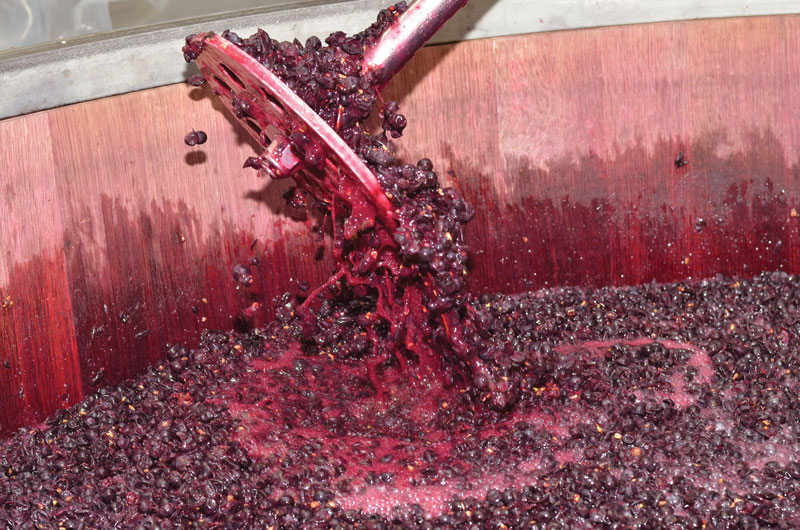Brettanomyces is a particularly nasty yeast that is often the bane of the collective existence of many winemakers. Its foul-smelling byproducts have often been called “barnyardy” or “mouse pee-like” on the sensory scale and it can often be detected in very minute quantities. As to eradicating the microorganism that caused your wine to go down the path of delinquency: As Dr. Roger Boulton, winemaking professor at University of California, Davis puts it, “You’d better just burn the whole winery down.”
So maybe it’s not that bad. What the good doctor was referring to is the fact that Brettanomyces are very persistent little buggers. They thrive in wines and they can even survive in emptied barrels, feasting off of the sugars in the wood and any lovely leftovers, hiding in the cracks that your barrel-cleaning system missed. They’re usually transmitted from winery to winery via shared barrels or purchased bulk wine.
In the case of your carboys, since I assume they are glass, clean them excruciatingly well and have no fear of using them again. In the future, make sure that you inoculate promptly with a commercial strain of yeast in order to “out compete” the ambient wild yeast population, of which Brettanomyces is likely a member.
Once the spoilage yeast are in a wine, it’s wise to isolate the wine from contact with other wines or winery equipment. There’s no way to “erase” the barnyard smell. Because some consumers and wine producers actually like a small percentage of Brettanomyces smell in their wine (particularly in France), many winemakers get around the problem by blending small portions of objectionable wine into a larger portion of sound wine. According to some, in small amounts these wild yeast can actually make a wine more complex.


